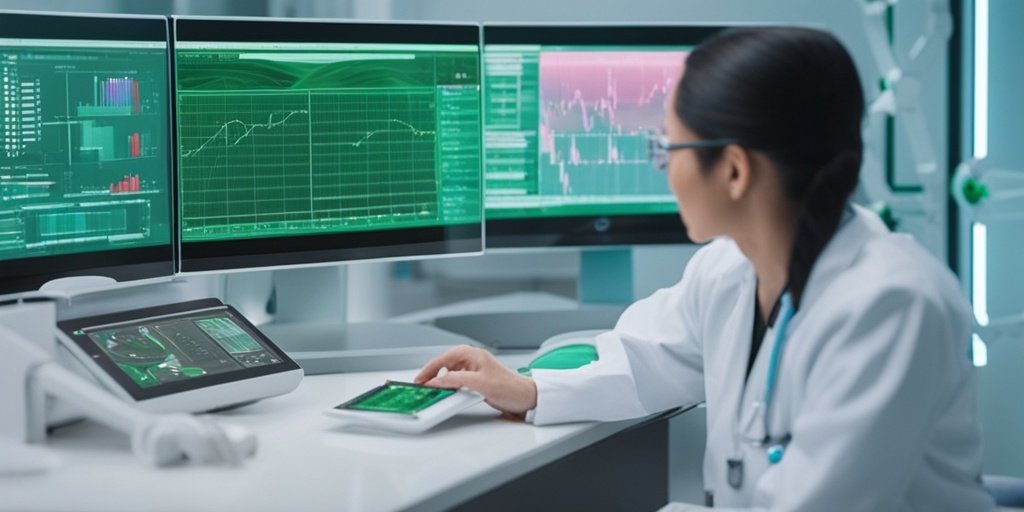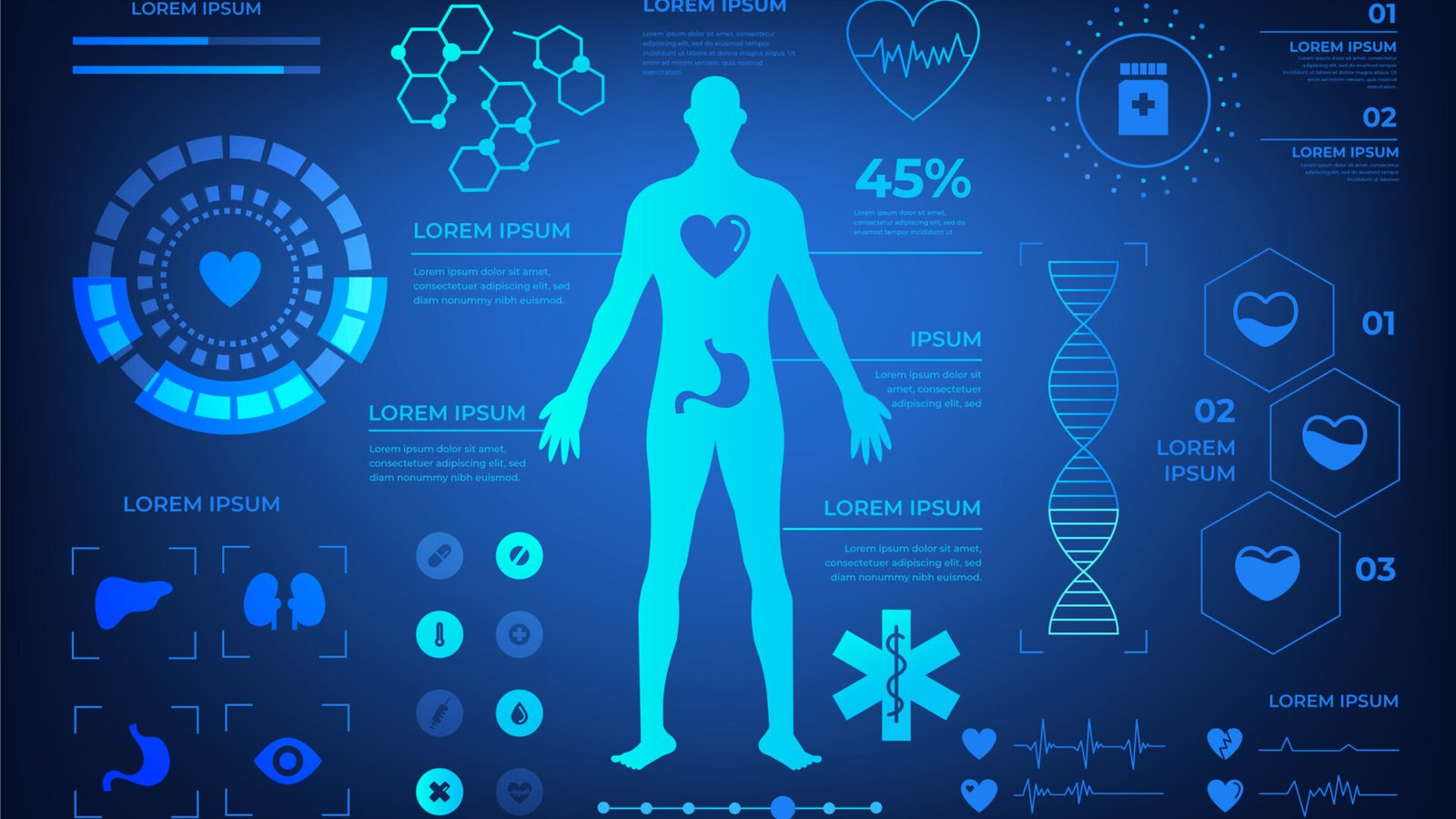Author: [‘Ishida K’, ‘Arisaka N’, ‘Fujii K’]
Journal: J Med Syst
Read the full abstract here.
This study evaluates the performance of GPT-4 V in the Japanese National Clinical Engineer Licensing Examination, revealing an average correct answer rate of 86.0% across 2,155 questions from 2012 to 2023.
🔍 Key Technical Details
- 📊 Dataset: 2,155 questions from the Japanese National Clinical Engineer Licensing Examination (2012-2023)
- 🧩 Categories assessed: Clinical medicine, basic medicine, medical materials, biological properties, mechanical engineering, and more
- ⚙️ Performance metrics: Average correct answer rate of 86.0%
🔑 Key Takeaways
- 📈 GPT-4 V performed exceptionally well in clinical and basic medicine topics, achieving ≥ 90% accuracy.
- ⚠️ Lower performance was noted in medical device safety management and electrical engineering, with rates between 64.8% and 76.5%.
- 📉 Questions involving figures/tables and numerical calculations had lower correct answer rates, particularly those requiring knowledge of Japanese Industrial Standards.
- 🖼️ The model struggled with image recognition and lacked knowledge of specific standards and laws.
- 🔍 Caution is advised when using ChatGPT for technical explanations, as inaccuracies were noted.
- 🌟 This study highlights the potential and limitations of AI in specialized fields like clinical engineering.

📚 Background
The integration of artificial intelligence in healthcare is rapidly evolving, with language models like ChatGPT demonstrating capabilities in various domains. However, the accuracy of these models in specialized examinations, such as the Japanese National Clinical Engineer Licensing Examination, remains a critical area of investigation. Understanding their performance can guide future applications and improvements in AI-assisted medical education and practice.
🗒️ Study
This study analyzed the responses of GPT-4 V to a comprehensive set of 2,155 questions from the Japanese National Clinical Engineer Licensing Examination, spanning from 2012 to 2023. The aim was to assess the model’s ability to provide accurate answers across various medical and engineering disciplines, thereby evaluating its potential utility in clinical settings.
📈 Results
The results indicated an overall correct answer rate of 86.0%, with particularly strong performance in clinical and basic medicine categories. However, the model’s performance dipped significantly in areas requiring specific technical knowledge, such as medical device safety management and electrical engineering. The analysis of questions involving figures and calculations revealed further challenges, particularly in interpreting visual data and adhering to industry standards.
🌍 Impact and Implications
The findings of this study underscore the promise of AI in enhancing medical education and practice, while also highlighting the need for caution. As AI tools become more integrated into clinical workflows, understanding their limitations is essential to ensure patient safety and effective decision-making. This research serves as a foundation for future studies aimed at improving AI models for specialized applications in healthcare.
🔮 Conclusion
The analysis of GPT-4 V’s performance in the Japanese National Clinical Engineer Licensing Examination reveals both the potential and limitations of AI in specialized medical fields. While the model demonstrates impressive capabilities in certain areas, its shortcomings in technical knowledge and image recognition necessitate careful consideration when deploying AI in clinical settings. Continued research and development are essential to enhance the accuracy and reliability of AI tools in healthcare.
💬 Your comments
What are your thoughts on the use of AI in medical examinations? Do you believe that models like GPT-4 V can be effectively integrated into clinical practice? Let’s engage in a discussion! 💬 Share your insights in the comments below or connect with us on social media:
Analysis of Responses of GPT-4 V to the Japanese National Clinical Engineer Licensing Examination.
Abstract
Chat Generative Pretrained Transformer (ChatGPT; OpenAI) is a state-of-the-art large language model that can simulate human-like conversations based on user input. We evaluated the performance of GPT-4 V in the Japanese National Clinical Engineer Licensing Examination using 2,155 questions from 2012 to 2023. The average correct answer rate for all questions was 86.0%. In particular, clinical medicine, basic medicine, medical materials, biological properties, and mechanical engineering achieved a correct response rate of ≥ 90%. Conversely, medical device safety management, electrical and electronic engineering, and extracorporeal circulation obtained low correct answer rates ranging from 64.8% to 76.5%. The correct answer rates for questions that included figures/tables, required numerical calculation, figure/table ∩ calculation, and knowledge of Japanese Industrial Standards were 55.2%, 85.8%, 64.2% and 31.0%, respectively. The reason for the low correct answer rates is that ChatGPT lacked recognition of the images and knowledge of standards and laws. This study concludes that careful attention is required when using ChatGPT because several of its explanations lack the correct description.
Author: [‘Ishida K’, ‘Arisaka N’, ‘Fujii K’]
Journal: J Med Syst
Citation: Ishida K, et al. Analysis of Responses of GPT-4 V to the Japanese National Clinical Engineer Licensing Examination. Analysis of Responses of GPT-4 V to the Japanese National Clinical Engineer Licensing Examination. 2024; 48:83. doi: 10.1007/s10916-024-02103-w
